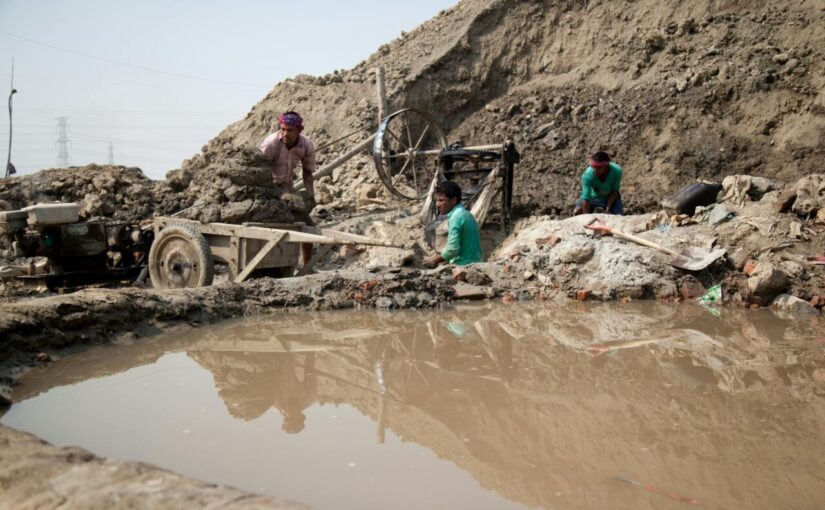IGDC Co-Director Piran White introduces this Blog series based on the IGDC/YESI Webinar event ‘Emergencies, wellbeing and social justice in the Anthropocene.’
In this blog series we will hear from the panellists that took part in our webinar entitled ‘Emergencies, wellbeing and social justice in the Anthropocene’ which was made up of three sessions discussing:
- Epistemological perspectives
- Empirical experiences
- Future scenarios
This blog accompanies the YouTube videos available in English and Portuguese.
Interdisciplinary event with panellists from the UK and Brazil
The workshop brought together participants with different academic backgrounds and empirical experiences from Brazilian and British organisations. It was organised jointly by the Interdisciplinary Global Development Centre (IGDC) and the York Environmental Sustainability Institute (YESI) at the University of York.
This was the first bi-lingual presentation and discussion session arranged by the IGDC and we hope to hold many other such events in the future so we can embrace inclusive and truly collaborative partnership working to deliver research based on integrity. Many thanks to all the panellists and those involved for a really excellent event.
Emergencies, wellbeing and social justice in the Anthropocene
The ‘Anthropocene’ is a term used increasingly to describe the period of time over which human activity has had significant and lasting impacts on the world’s climate and ecosystems. Climate change and biodiversity loss are two planetary challenges that result from human activities. These challenges are frequently framed as crises or emergencies, but does this framing help us to deal with them any more effectively, and can we learn from how we deal with other crises?
COVID-19 has caused immense suffering and created enormous challenges across the world, and the response to this health emergency has been a combination of changes in behaviour through restrictions on movement and technological fixes through vaccine development and deployment. These responses have been successful in reducing infections in many countries, but they’ve also led to increasing securitization authoritarianism and discrimination.
Drawing on the knowledge and experience from Brazil and the UK, the workshop considered whether lessons learned from dealing with the COVID-19 emergency could be applied to environmental challenges, and the extent to which framing these challenges as emergencies or crises is helpful in promoting sustainability and social justice.
How do we move from inaction to action?
Despite the policy rhetoric, there remains little evidence that this emergency framing is triggering urgent actions in response to climate change and biodiversity loss. So how do we move from inaction to action and how can we ensure that we respond to these planetary scale environmental challenges in ways that are effective, but also inclusive and prioritise social justice?
The workshop argued for critical engagement with the concept of emergency, as it relates to conflation of these planetary challenges brought about during the Anthropocene. We asked what are the implications of this emergency framing for governance policy and action in response to these challenges.
The presentations from our panellists asked:
To what extent does emergency framing provide an innovative and reasonable approach to deal with these challenges and ensure human and planetary wellbeing?
Could emergency framing foster authoritarian and anti-democratic responses to these challenges and undermine certain forms of knowledge and further marginalise some groups of society?
Does emergency framing contribute to public understanding of the urgency of these planetary challenges and the interconnectedness of the ecological, economic and social systems underlying them?
And ultimately, will emergency framing help us to address these different challenges and promote sustainability?

